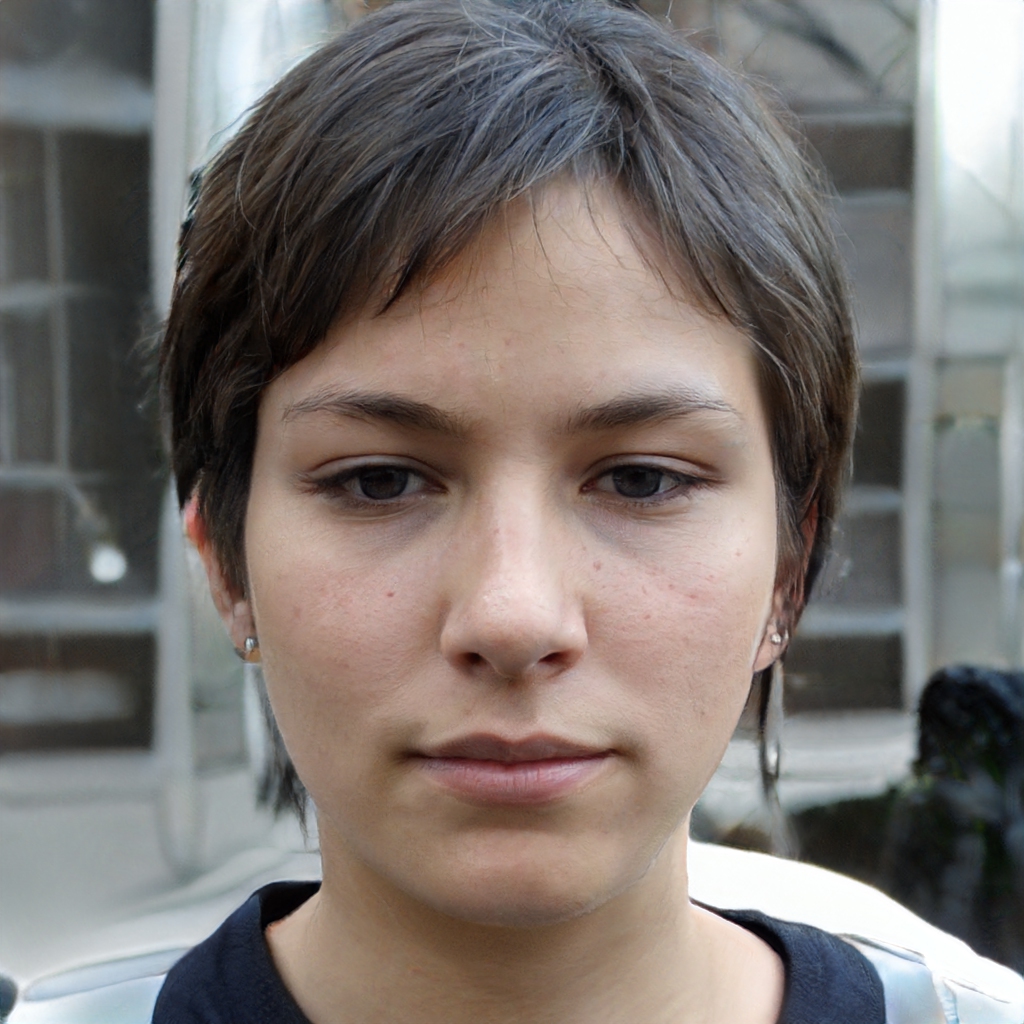Creative Commons is a nonprofit organization that enables the sharing and use of creativity and knowledge through free legal tools. Their licenses and other legal tools help people and organizations share and use creative works and knowledge in ways that are fair, efficient, and legally sound. Is Creative Commons free to use? Yes, Creative Commons is free to use. You can use Creative Commons-licensed material for any purpose you want, as long as you follow the license terms.
What is Creative Commons vs copyright?
Creative Commons vs copyright is a debate that has been going on for some time now. There are pros and cons to both sides of the argument, and it ultimately comes down to a matter of preference.
Copyright is the traditional form of protecting creative works. It gives the creator of a work exclusive rights to that work, and anyone who wants to use it must get permission from the copyright holder. Copyright law can be complex, and it can be hard to determine who owns the copyright to a work.
Creative Commons is a new(ish) way of protecting creative works. It allows the creator of a work to give others some rights to use that work, while still retaining some rights themselves. Creative Commons can make it easier to determine who owns the rights to a work, and it can make it easier for people to use works without having to get permission from the copyright holder.
There are some who argue that copyright is better because it gives creators more control over their work. Others argue that Creative Commons is better because it is more flexible and user-friendly. Ultimately, it is up to the creator of a work to decide which system they want to use.
What are the 4 types of Creative Commons?
There are four main types of Creative Commons licenses:
1. Attribution (CC BY): This license lets others distribute, remix, tweak, and build upon your work, even commercially, as long as they credit you for the original creation.
2. Attribution-ShareAlike (CC BY-SA): This license lets others remix, tweak, and build upon your work even for commercial purposes, as long as they credit you and license their new creations under the identical terms.
3. Attribution-NoDerivatives (CC BY-ND): This license allows for redistribution, commercial and non-commercial, as long as it is passed along unchanged and in whole, with credit to you.
4. Attribution-NonCommercial (CC BY-NC): This license lets others remix, tweak, and build upon your work non-commercially, and although their new works must also acknowledge you and be non-commercial, they don’t have to license their derivative works on the same terms.
What are examples of Creative Commons?
Creative Commons is a set of copyright licenses which allow for free distribution of copyrighted works. The most common Creative Commons license is the Attribution license, which allows others to use the work for any purpose, as long as the original author is credited. Other Creative Commons licenses include the Non-Commercial license, which only allows others to use the work for non-commercial purposes, and the Share-Alike license, which requires that any derivative works be licensed under the same or similar license.
Does Creative Commons replace copyright?
Creative Commons is not a replacement for copyright. Copyright is a set of exclusive rights granted to the author or creator of a work, which includes the right to reproduce, distribute, perform, display, and create derivative works based on the work. Copyright protection is automatic in the United States and many other countries, and does not require the author to register the work or take any other action.
Creative Commons is a nonprofit organization that provides free licenses and other legal tools to help creators share their work under the conditions they choose. Creative Commons licenses provide a simple, standardized way to give permission to others to use your work, on certain conditions. Creative Commons licenses are not an alternative to copyright, but are a way to make your work available to the public under certain conditions that you choose.
